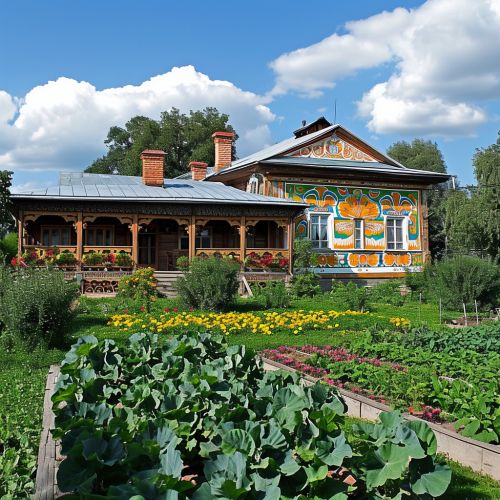Boris Pasternak
Early Life
Boris Leonidovich Pasternak was born in Moscow, Russia, on February 10, 1890. His parents were both accomplished artists: his father, Leonid Pasternak, was a post-impressionist painter, while his mother, Rosa Kaufman, was a concert pianist. Pasternak's upbringing was steeped in the arts, and he was exposed to many of the great cultural figures of his time, including composer Sergei Rachmaninoff and writer Leo Tolstoy.


Education
Pasternak initially followed in his mother's footsteps, studying music at the Moscow Conservatory. However, he soon discovered a passion for literature and philosophy, and decided to pursue these subjects at the University of Moscow. There, he was influenced by the philosophical works of Friedrich Nietzsche and the poetry of Rainer Maria Rilke, which would later shape his own writing.
Literary Career
Pasternak's first collection of poems, "Twin in the Clouds", was published in 1914. His early work was characterized by its lyrical style and philosophical themes, reflecting his academic background. However, the Russian Revolution of 1917 marked a turning point in Pasternak's career. He began to focus on the social and political upheavals of his time, and his work became more grounded in reality.
In the 1920s and 1930s, Pasternak published several more collections of poetry, including "My Sister, Life" and "The Year 1905". These works established him as one of the leading poets of the Russian Silver Age, a period of great creativity and experimentation in Russian literature.
Pasternak's most famous work, however, is the novel "Doctor Zhivago", published in 1957. The novel tells the story of a physician and poet who experiences the tumultuous events of the early 20th century in Russia. "Doctor Zhivago" was initially banned in the Soviet Union, but it was published in Italy and quickly gained international acclaim. In 1958, Pasternak was awarded the Nobel Prize in Literature for "Doctor Zhivago", but he was forced to decline the prize by the Soviet authorities.
Later Life and Death
Despite the controversy surrounding "Doctor Zhivago", Pasternak continued to write and publish poetry until his death. He died of lung cancer on May 30, 1960, in his dacha in Peredelkino, a writers' colony outside of Moscow.
Legacy
Pasternak's work has had a lasting impact on Russian literature and culture. His poetry is celebrated for its lyrical beauty and philosophical depth, while "Doctor Zhivago" is considered a classic of 20th-century literature. Pasternak's life and work also offer a unique perspective on the social and political changes that shaped Russia in the 20th century.
